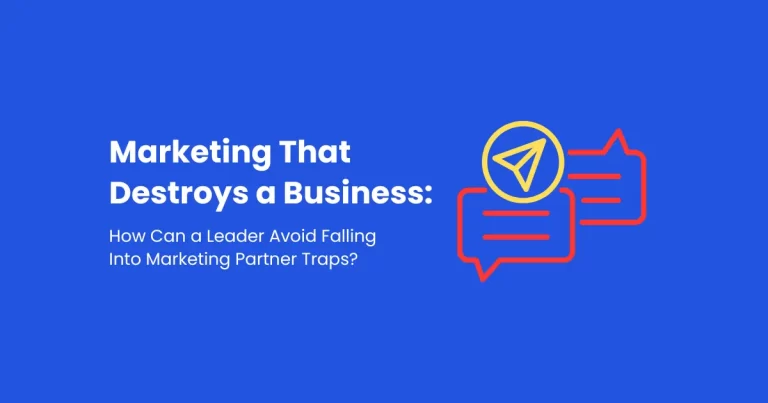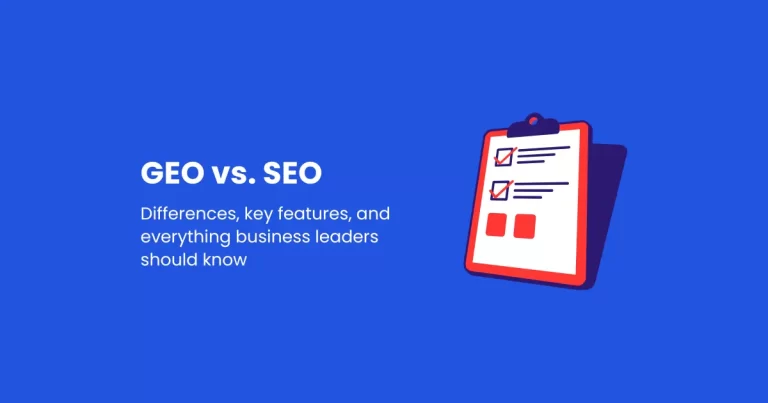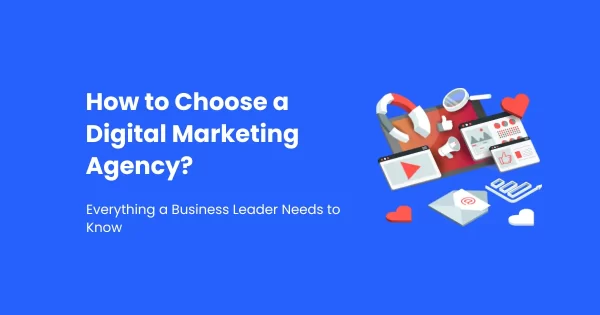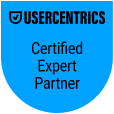Top CRM systems for small and mid-sized businesses (Complete Guide 2026)

If you landed on this article, you’re likely searching for Top CRM systems to help your business grow. To make your decision easier, we’ve prepared a clear and practical guide covering several of the Best CRM options available today—so you can choose the right system with confidence. In this article we’ll discuss:
- What is a CRM system and why do you need one? A brief overview of what CRM is, its key benefits, and how it helps different types of businesses.
- Why are Excel and Google Sheets no longer enough?
- Common mistakes and risks businesses face when not using a CRM.
- How to choose the right CRM system?
- Key criteria to consider when selecting a system: company size, sales cycle complexity, IT resources, and more.
- The most popular CRM systems in 2025: our TOP 6. In-depth descriptions and analysis (Pipedrive, Freshsales, Zoho CRM, HubSpot CRM, Salesforce, Monday Sales CRM)
- FAQ: Frequently asked questions about CRM
What Is a CRM System and Why Top CRM Systems Matter for Your Business
Most business professionals have likely heard of CRM systems. But if you haven’t yet come across this term, now is the perfect time to get familiar with it—because the Best CRM platforms can solve far more than just a few business challenges.
In broad terms, a CRM system is a business management tool designed to help systematically manage relationships with both current and potential customers. CRM (Customer Relationship Management) aims to maintain a strong connection with the customer throughout their entire journey—from the first touchpoint to repeat purchases. The system not only stores customer data but also helps analyze behavior, automate communication, plan actions, and make data-driven decisions that increase long-term customer value.
Nowadays, it is also a tool that can give your advertising campaigns on Google Ads, Meta (Facebook), TikTok, LinkedIn, and other networks superpowers and boost their efficiency to an unprecedented level. Find out how and how much it can increase the effectiveness of your ad performance in new customer acquisition on our page Smart use of CRM data in marketing.
Not having a CRM system can even ruin your marketing. Companies that use CRM systems and integrate their data into marketing campaigns have a huge competitive advantage. We reveal how not having a CRM system can ruin your digital marketing in the article: Why is lead-based advertising destroying businesses?
Once business owners understand what CRM is, many quickly realize the value it can bring. Still, some continue to rely on Excel or Google Sheets, thinking they’re a sufficient substitute. However, facts and statistics prove otherwise: businesses that don’t use a CRM system tend to lose far more than they expect. In today’s business environment, CRM is essential—even minimal use can save your most valuable resource: time. With CRM, you can centralize customer information, track their buying journey, analyze their behavior, and make more thoughtful, data-backed decisions. It also standardizes processes and reduces the risk of human error.
The first CRM system was developed back in 1987, when Pat Sullivan and Mike Muhney introduced a platform called ACT!. Since then, CRM systems have rapidly evolved. Today, the question is no longer what a CRM can do, but rather—what can’t it do? Rich functionality has become the norm: most modern CRM platforms, including many of today’s Top CRM systems, offer not only basic contact, sales, and communication management but also advanced automation, analytics, and integrations.
Thanks to technological advancements and the growth of open-source solutions, the cost of developing CRM systems has dropped significantly over the past two decades. However, today’s biggest investment isn’t the software itself—it’s the implementation: training, team onboarding, and process adaptation. In other words, success depends less on which system you choose and more on how effectively you learn to use it within your business.
All the CRM systems discussed in this article—especially the ones highlighted among the Best CRM options—offer a wide range of features, so in theory, any of them could suit any business. In practice, however, the most important factor isn’t the feature list—it’s how intuitive and practical the system is for your business and team. So when choosing a CRM, consider not just the tool and its capabilities, but also the people who will be using it every day.
6 Top CRM Systems on the Market
Pipedrive CRM
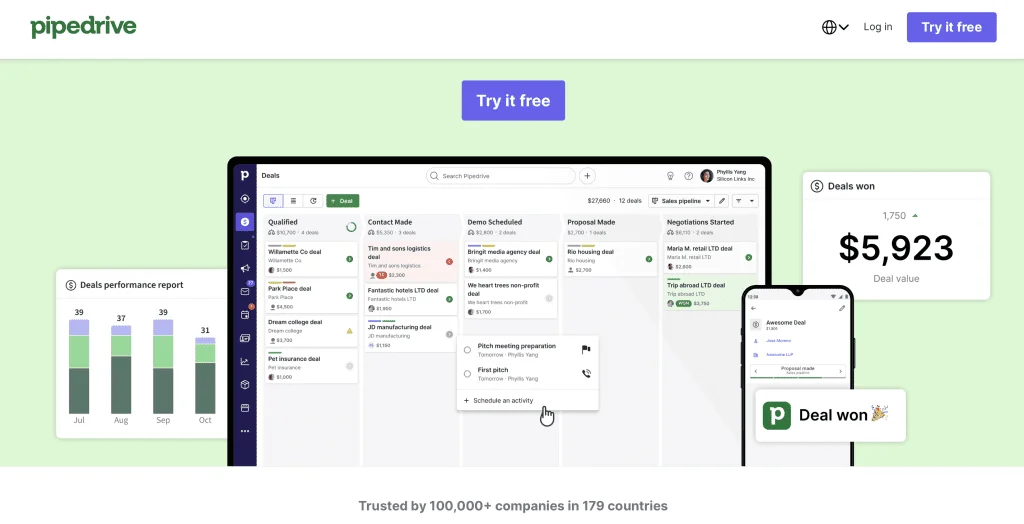
Best suited for: service-based businesses, marketing, SEO, and design agencies, consultants, solo sellers, freelancers, and startups looking to quickly implement and use an efficient sales management tool. This makes Pipedrive a strong contender among the Top CRM systems for small and growing teams.
Pipedrive is a CRM system built by salespeople for salespeople. Its core goal is to help businesses manage their sales processes efficiently—from first contact to closing the deal. One of its greatest strengths is its simplicity and seamless user experience. Even users with no IT or technical background can get started in as little as 15 minutes, making onboarding fast and frictionless without complex training or implementation stages. This ease of use is one of the reasons Pipedrive is often listed among the Best CRM tools for beginners.
The system is focused on managing contacts, leads, and sales pipelines. Without unnecessary features or distracting elements, Pipedrive concentrates on one thing—helping you sell more, more smoothly. It allows you to track every customer’s journey through the sales pipeline, clearly see the status of each deal, and know what actions to take next.
A major advantage of Pipedrive is its modular scalability. You can start with a basic plan and gradually add advanced features as your business grows—such as email automation, advanced lead segmentation, activity planning, detailed sales analytics, and even smart insights on where your process might be stuck. This flexibility makes it one of the Top CRM systems for fast-growing service businesses and agencies. It allows businesses to pay only for what they need while scaling efficiently.
Pipedrive also integrates smoothly with popular business tools like Google Workspace, Slack, Trello, Zoom, Zapier, and more. It can easily plug into your existing IT setup. A notable bonus: you can connect it to your website contact forms, log calls, sync emails, and even send sales data to Google Analytics—all helping you understand which channels deliver the best results.
Pricing is among the most attractive on the market, especially for small or growing businesses. Its entry-level plans are ideal even for solo users or very small teams. Thanks to its user-friendliness and practicality, Pipedrive is often recommended as a first CRM system and is frequently included in lists of the Best CRM options for small businesses. It’s a great way to learn the basics of sales management and prepare for future growth. And if you ever decide to move to a more advanced platform, the experience you’ve gained with Pipedrive will still be highly valuable.
In short: a reliable, results-driven CRM system for those who want to get started quickly, have full visibility over their sales process, and grow their business without the headache of complex solutions or lengthy setup—making it one of the most accessible picks among today’s Top CRM systems.
Freshworks CRM
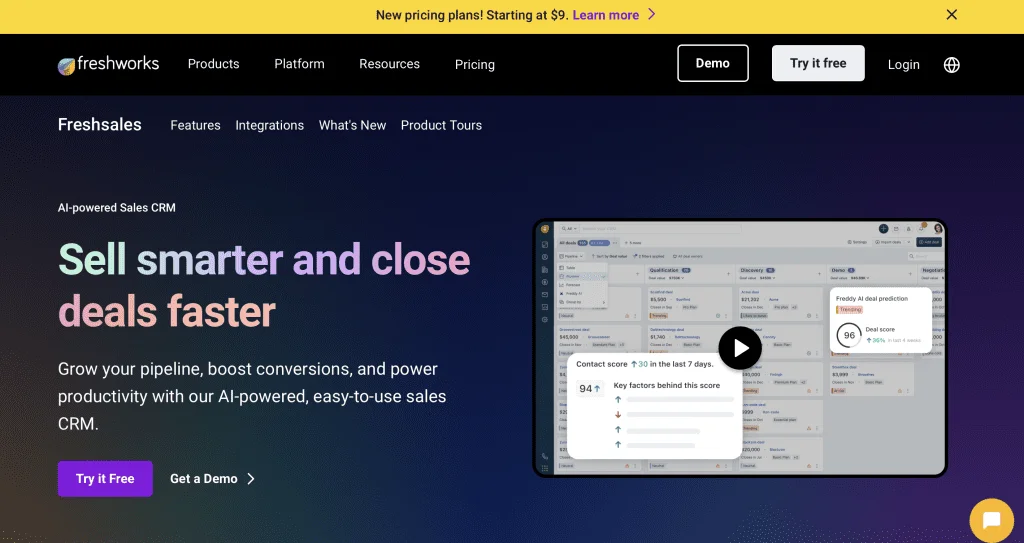
Best suited for: e-commerce businesses (especially those using Shopify), IT and SaaS companies, healthcare and legal service providers, and businesses where customer service is a core function.
Freshworks CRM is one of the most modern, fast-growing, and feature-rich Top CRM systems—especially valued among e-commerce businesses. What sets it apart is its deep and technologically advanced integration with Shopify, making it a top choice for online stores. This integration enables real-time tracking of customer orders, returns, abandoned carts, and automates the entire customer journey—from first interaction to repeat purchase.
One of Freshworks strongest advantages is its unified communication platform. It brings together email, SMS, WhatsApp, live chat, and chatbot functionality in one place—no need for separate tools per channel. For example, if a customer abandons their cart, you can automatically trigger reminders via email, SMS, or WhatsApp, based on predefined workflows. This all-in-one communication hub is one of the reasons Freshworks is frequently included among the Top CRM systems for multi-channel businesses.
Freshworks also stands out with its advanced automation capabilities. Users can build smart communication sequences that adapt based on customer behavior—whether they open an email, click a link, or remain inactive. This allows businesses to deliver fast, personalized responses. Additionally, chatbots can be set up to handle FAQs, pre-qualify leads, and route conversations to the right team or specialist. These automation features position Freshworks as one of the Best CRM options for companies that rely on high-volume communication and need consistent, real-time engagement.
Although Freshworks is ideally suited for e-commerce, its feature set is equally powerful in other industries that rely on active client communication. Think medical clinics (patient inquiries, appointment scheduling), legal firms (case tracking, document management), and IT or SaaS companies that require quick response times and a consistent customer experience.
Freshworks CRM offers flexible pricing and a modern, intuitive interface that works well for both small teams and larger organizations. Businesses using Freshworks see not only improved sales efficiency, but also higher customer loyalty, better communication quality, and faster service delivery. It’s a CRM solution that can scale with your business and is frequently highlighted as one of the Top CRM systems for companies needing a strong communication backbone.
In summary: if your business operates in e-commerce or any industry where constant customer interaction and quick responsiveness are key—Freshworks CRM can be more than just a contact manager. It can become the foundation of your entire customer experience strategy.
Zoho CRM
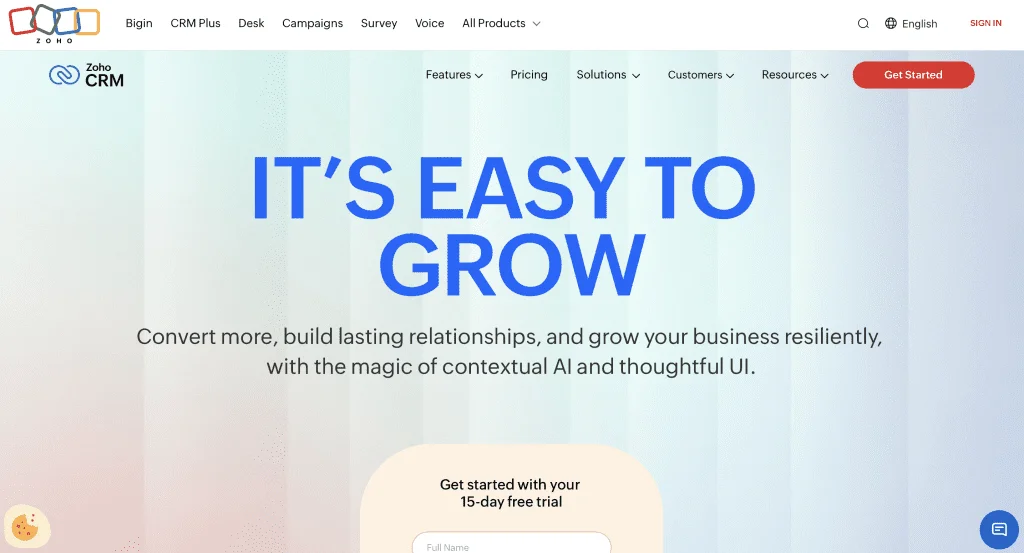
Best suited for: medium to large businesses with a substantial customer base, longer and more complex sales cycles, multi-department structures, and a need to integrate CRM with other IT systems (e.g., ERP, accounting solutions, e-signatures, BI platforms, project management tools, etc.). Zoho CRM is often highlighted among the Top CRM systems for organizations that require deep customization and advanced integrations.
Why choose it: Zoho CRM is one of the oldest and most trusted CRM solutions in the world, continuously developed since 1996. It’s a time-tested platform relied upon by thousands of businesses globally. Zoho offers a wide range of functionality—from standard contact and sales management to advanced integrations, analytics, and process automation. Because of its maturity and robustness, it’s frequently listed as one of the Best CRM options for companies with established internal workflows looking to replicate and optimize them in the digital environment.
One of Zoho‘s biggest strengths is its extensive integration capabilities. The system supports over 500 third-party tools, including ERP platforms, email clients, accounting software, e-signature solutions, BI tools, and even custom internal applications. Additionally, Zoho offers its own comprehensive business ecosystem called Zoho One, covering almost every business function—from accounting (Zoho Books) and project management (Zoho Projects) to HR (Zoho People) and AI-driven analytics (Zoho Analytics). All tools work together seamlessly under a single CRM framework, further solidifying Zoho’s position among the Top CRM systems for complex organizations.
While Zoho CRM’s interface may not look as sleek as some newer tools, it more than makes up for it with its robust analytics and customization capabilities. It’s geared toward advanced users—those who go beyond simple contact tracking and actively analyze data, segment customers by complex criteria, optimize workflows, and rely on KPIs to drive decisions. This is a solution for companies that view CRM not just as a contact manager but as a central business operations hub, which is why it is often categorized among the Best CRM platforms for data-driven teams.
Zoho also stands out for its flexible internal structure management. You can create virtual departments, user groups, fine-tune permission levels, and precisely control who can view or edit which data. This is especially important for businesses with multiple teams, regional operations, or diverse customer segments.
Though Zoho offers a free plan and competitive pricing, it’s important to note that fully leveraging its capabilities—especially with complex automations or integrations—often requires support from IT specialists or experienced implementation partners. It’s not a plug-and-play solution you’ll set up in an hour, but the time and resources invested will pay off through streamlined operations, richer customer insights, and more effective decision-making.
In summary: Zoho CRM is a long-term, technologically advanced solution ideal for both fast-growing and mature companies that want to digitalize complex processes without functional limitations. It’s a CRM that scales with your business and stands out as one of the Top CRM systems for organizations that need power, flexibility, and room for future growth.
HubSpot CRM
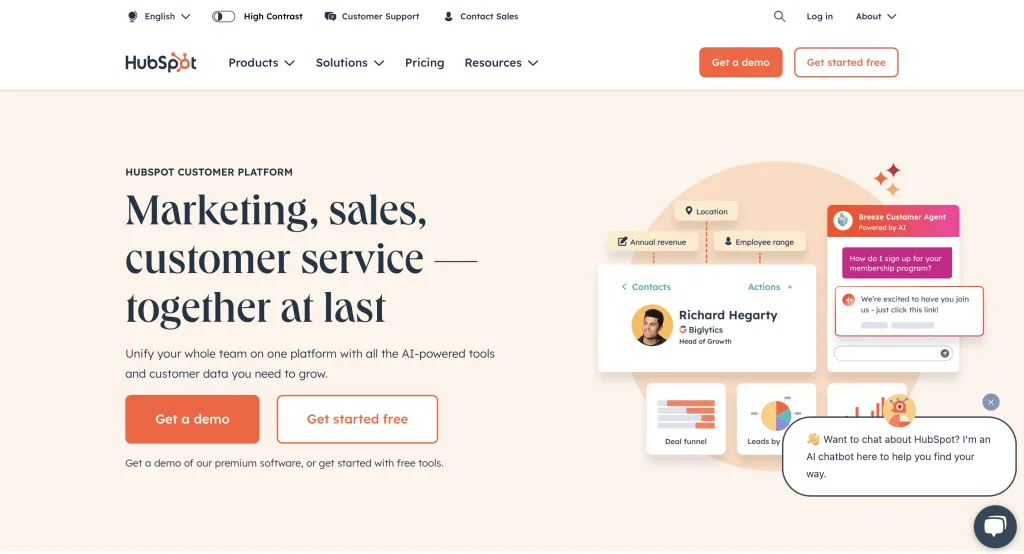
Best suited for: growing businesses, digital marketing agencies, service-based companies, e-commerce brands, educational platforms, and organizations looking to manage sales, marketing, and customer service processes all in one place. HubSpot is often listed among the Top CRM systems for companies that want full visibility over their pipeline and marketing performance.
Why choose it: HubSpot CRM is one of the most versatile and dynamic systems on the market, especially favored by businesses that want to manage not just sales—but also marketing and customer service—from a single platform. One of its biggest advantages is its flexible pricing model, allowing companies to start with a robust free plan and gradually unlock more features as their business grows. For many businesses, HubSpot eventually becomes their central sales and marketing infrastructure, which is why it frequently appears in Best CRM rankings.
The system stands out with its intuitive content management and powerful marketing automation tools. You can set up email workflows, use lead scoring, run A/B tests, track ad campaign performance, and monitor the full customer journey—from the first brand interaction to purchase or repeat sale. These analytics features make HubSpot one of the Top CRM systems for businesses investing in channels like Meta, Google, or LinkedIn.
HubSpot CRM also shines in terms of integrations. It easily connects with popular tools like Shopify, WordPress, Zapier, Google Workspace, Slack, and more. This enables automation of many repetitive tasks—from lead capture and segmentation to customer service. For businesses with their own websites, HubSpot’s CMR is a huge asset, allowing for the creation of personalized experiences for different audiences. This versatility is one of the reasons HubSpot is considered one of the Best CRM platforms for growing digital-first companies.
It’s especially appreciated for its thoughtful user experience and structured approach to customer management. HubSpot is a great choice for companies that value data clarity and want to build processes around meaningful insights. While the platform might not appear the most innovative at first glance, its capabilities often surpass those of many free or mid-priced CRM tools.
It’s important to note that as your business grows, you’ll likely need to upgrade to paid plans—particularly to unlock advanced marketing automation, in-depth reporting, or ad platform integrations. However, this investment usually pays off quickly through improved lead conversion, smarter decision-making, and better customer experience.
In summary: HubSpot CRM is far more than a contact management tool—it’s a powerful growth platform that helps you nurture customer relationships, optimize your marketing and sales processes, and scale your business with structure and efficiency. Its robust functionality and scalability make it one of today’s Top CRM systems and a strong contender among the Best CRM tools for fast-growing companies.
Video DEMO
Salesforce CRM
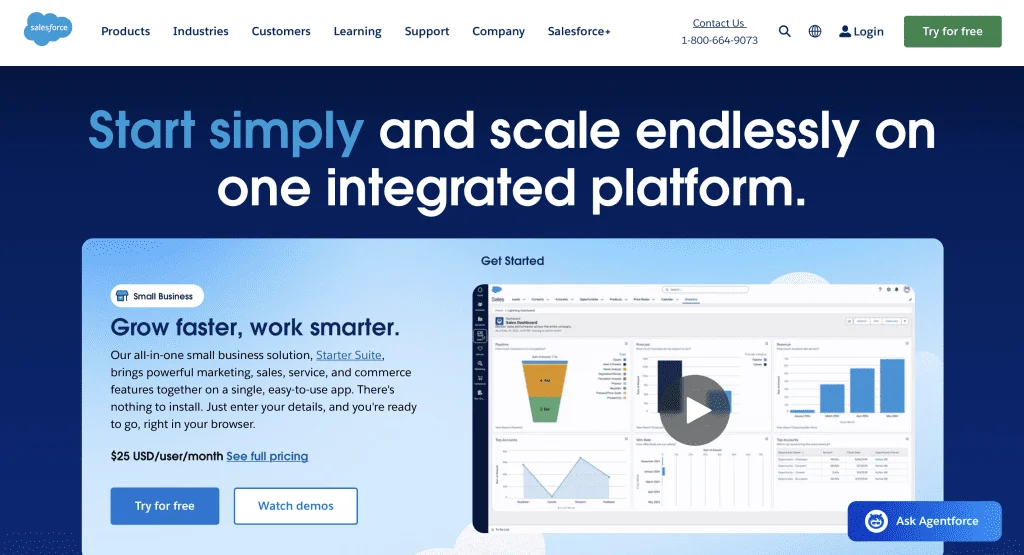
Best suited for: medium to large enterprises operating in the B2B sector, especially those with complex customer service or marketing processes and international operations. It’s also an ideal choice for organizations with an in-house IT team or an implementation partner who can configure the system to meet specific business needs. Salesforce is frequently included among the Top CRM systems and is often recognized as one of the Best CRM solutions for large-scale, multi-department organizations.
Why choose it: Salesforce is the global leader in the CRM market, consistently ranking #1 for its broad functionality and technological flexibility. It’s more than just a CRM—it’s a complete enterprise ecosystem designed to support growth and efficiency across sales, customer service, marketing, e-commerce, data analytics, and AI-powered solutions. Its enterprise-level capabilities are a key reason it appears at the top of Top CRM systems and is regularly named among the Best CRM platforms for complex organizations.
The platform’s biggest strength lies in its nearly unlimited customization potential. Sales processes can be tailored to match specific organizational workflows. You can build complex flows, automate customer segmentation and service processes, and even manage advertising campaigns within the same system. All communication channels—email, chat, and social media—are unified, making the entire customer history accessible in one place.
Thanks to its architecture, Salesforce is particularly valued by enterprises needing strict data control across departments or countries. Its role-based access system allows you to define exactly who sees or edits what, ensuring data security, accountability, and organizational clarity—even in large, complex teams.
Another standout feature is the AppExchange platform, offering thousands of industry-specific add-ons and integrations—whether you’re in finance, manufacturing, education, healthcare, or logistics. If your company already uses systems like SAP, Oracle, QuickBooks, or custom B2B platforms, chances are there’s already a ready-made integration available here.
That said, Salesforce is not a plug-and-play solution. It requires upfront planning, a well-defined implementation strategy, and often the help of certified partners. It’s not meant for quick fixes but is a long-term investment in operational efficiency, enhanced customer experience, and data-driven decision-making.
Salesforce also features Einstein AI, an AI module that can forecast sales, identify high-quality leads, offer smart recommendations to sales reps, personalize customer journeys, and automate actions based on behavioral insights. These capabilities provide not just technological superiority, but a clear competitive edge—further cementing Salesforce as one of the Top CRM systems and a leading contender for the Best CRM in the enterprise segment.
In summary: Salesforce is not for companies looking for a fast or budget solution. It’s for organizations seeking a powerful, scalable, and future-proof platform—one that will support growth, structure complex processes, and deliver a lasting technological advantage even five or ten years down the line.
Video DEMO
monday sales CRM
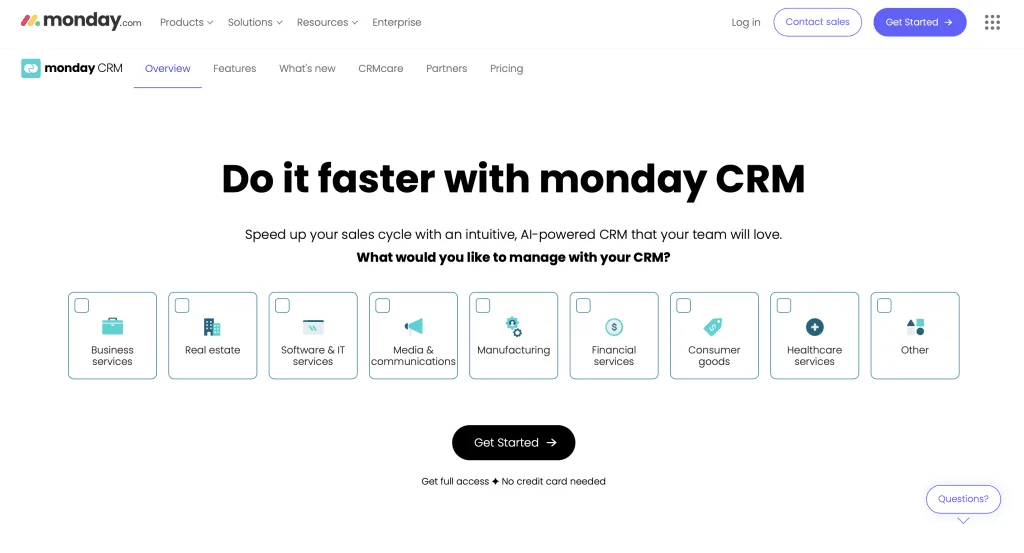
Best suited for: businesses that prioritize flexible process management and cross-functional teamwork. Ideal for real estate brokers, HR agencies, medical clinics, startups, creative agencies, and growing companies with multiple departments or non-standard workflows. monday sales CRM is frequently mentioned in lists of Top CRM systems and is often recognized among the Best CRM platforms for teams that need full customization.
Why choose it: monday sales CRM is part of the broader monday Work OS—a flexible operating system designed not only for managing contacts and sales but for running your entire business from one platform. Unlike traditional CRM systems, monday doesn’t force you into a fixed “CRM template.” Instead, it lets you build a workspace that fully reflects your business structure, workflows, and logic. This unique flexibility is one reason monday is included in many Top CRM systems rankings and considered a Best CRM choice for process-heavy teams.
The system stands out for its highly visual and intuitive user experience. Everything operates through colorful tables, drag-and-drop functionality, timelines, and status tags. This makes it easy for teams to see—in real time—the status of every client or project, who’s responsible for what, what’s completed, and what’s still in progress.
Unlike most CRMs, monday lets you start from a completely blank canvas. There are no predefined sales stages or forms, which means you’ll need to do some strategic planning at first—but it pays off by giving you a platform that’s truly tailored to your specific way of working. If you prefer a faster start, monday also offers ready-made templates—like monday sales CRM, monday projects, and monday marketer—which you can customize as needed.
Beyond standard CRM features like contact management, the platform supports task delegation, customer service workflows, and integrations with tools like email, calendars, Slack, Zoom, and Google Workspace. You can also use WorkForms to build forms, Canvas to manage creative work, or set up shift schedules for different departments.
monday is especially valuable for interdisciplinary teams and businesses with multiple operational layers—for instance, when one team handles lead generation, another oversees service delivery, and a third focuses on customer retention. With monday, all these teams can collaborate in one unified environment without siloing data across different platforms.
It’s true that monday requires some upfront thinking—deciding which processes you want to manage, how to structure them, how to track progress, and how information should flow across your teams. But for businesses seeking more than “just another CRM,” monday sales CRM can become a central platform powering everything from first contact to final customer touchpoint.
In summary: This is a solution for those who want to build a strong, efficient, and long-term process architecture—one that goes far beyond sales and supports every phase of the customer journey. Its flexibility and visual clarity often position it among the Top CRM systems, and its adaptability makes it a strong contender for teams searching for the Best CRM for cross-functional collaboration.
You’ve познакомed yourself with the 6 most popular CRM systems currently on the market, but still aren’t sure how to choose the right one? We invite you to read our article, where we share practical tips on how to select the CRM system that best fits your business.
Read the article: How to Choose the Best CRM System for Your Business?
FAQ – Frequently Asked Questions About CRM Systems
1. Is it worth using a CRM system if there’s only one person in the company?
Yes. Even for solo users, a CRM helps keep track of contacts, reminders, tasks, and meetings in a structured way. It becomes especially useful as your client base grows and it gets harder to keep everything in your head or in Excel spreadsheets.
2. Which CRM system is best for a new business?
It depends on the type of business, but commonly recommended options include Pipedrive (simple and intuitive) or monday sales CRM (for more flexibility). Both are affordable and easy to set up.
3. How much does CRM implementation cost?
The cost varies depending on the system and your needs. Simple systems can be implemented on your own, while more complex ones may require help from implementation partners. Prices range from €0 (if you do it yourself) to several thousand euros.
4. Can I use a CRM system without IT knowledge?
Yes. Most CRM platforms are designed to be user-friendly, even for those without a technical background—especially systems like Pipedrive, HubSpot, or Freshsales.
5. What is the best CRM for e-commerce?
Freshsales is especially strong due to its Shopify integration. HubSpot and Zoho are also great options if you’re looking for more automation and customer loyalty tools.
6. How do I know which CRM system is best for my business?
Ask yourself the following:
-What’s your budget, and do you have an internal IT specialist?
Answering these questions will help narrow down the best option.
-How many people will use the CRM?
-What do you want to track: sales, inquiries, projects, etc.?
-Will you need integrations with tools like Shopify, email, or ad platforms?
Read the article: How to Choose the Best CRM System for Your Business?
7. Can I easily import data from Excel into a CRM?
Yes. Almost all CRM systems allow you to import contacts from CSV or Excel files.
8. How quickly can I start using a CRM system?
With simpler systems like Pipedrive or HubSpot, you can usually get started within a few hours. More advanced platforms like Salesforce or Zoho may require several days or even weeks—especially if team training is needed.


